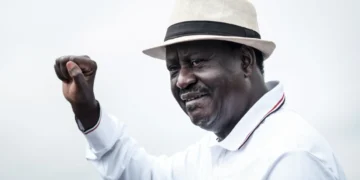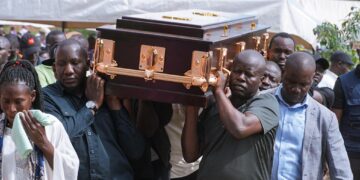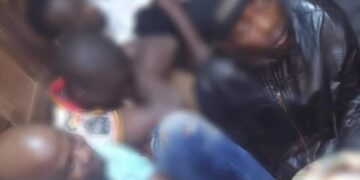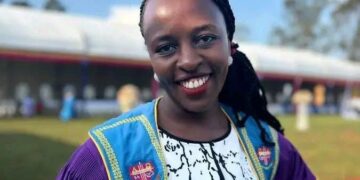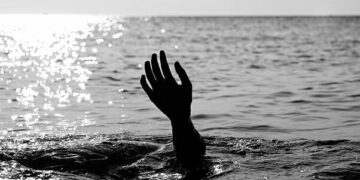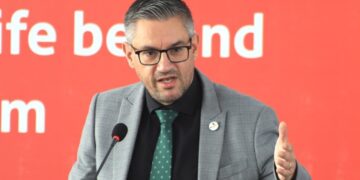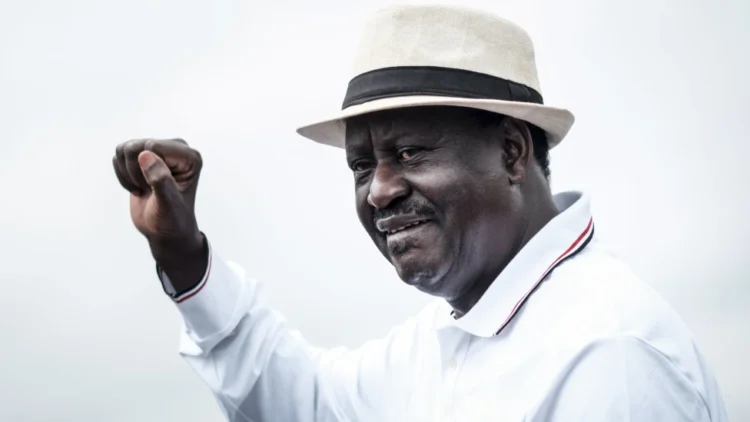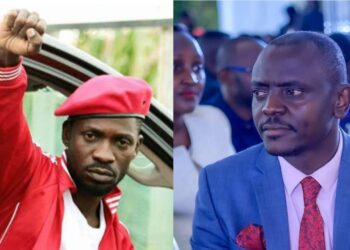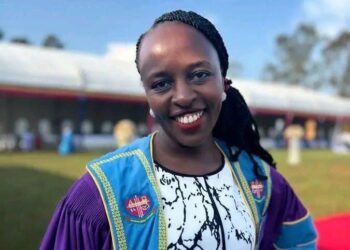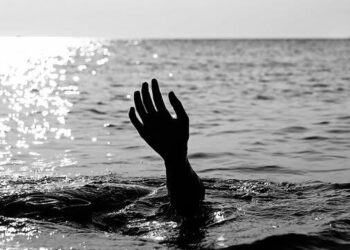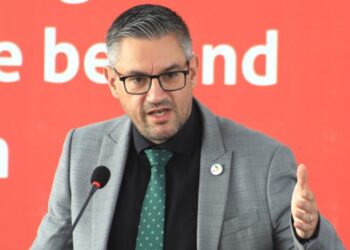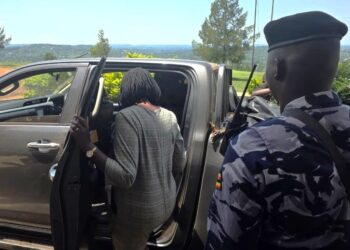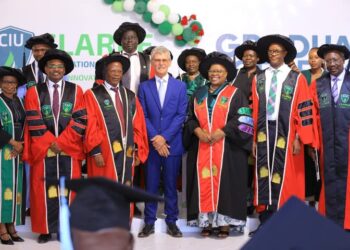NEWS
Raila Amolo Odinga, who passed away at the age of 80 in Kerala, India, leaves behind a towering legacy in Kenyan politics. A statesman, reformist, and perennial opposition leader, Odinga’s political journey spanned over four decades, shaping the contours of modern Kenyan democracy.
Early Life and Political Roots
Born on January 7, 1945, in Maseno, Kenya, Raila was the son of Jaramogi Oginga Odinga, Kenya’s first Vice President and a prominent independence leader. This lineage placed Raila at the heart of Kenya’s political evolution from an early age. Educated in East Germany, he returned to Kenya as an engineer but soon found himself drawn into the turbulent world of politics.
Detention and the Fight for Multiparty Democracy
Odinga’s political activism began in earnest in the 1980s, during the autocratic regime of President Daniel arap Moi. He was detained without trial for nearly a decade between 1982 and 1988 for allegedly plotting a coup and for his pro-democracy agitation. These years of incarceration only deepened his resolve to fight for political pluralism and civil liberties.
In the early 1990s, Odinga emerged as a key figure in the push for multiparty democracy. He joined the Forum for the Restoration of Democracy (FORD), a coalition that challenged Moi’s one-party rule. After internal splits, he formed the National Development Party (NDP), which later merged with the ruling KANU party—though this alliance was short-lived.
Ministerial Roles and Parliamentary Tenure.
Odinga served as Member of Parliament for Lang’ata from 1993 to 2013. During this time, he held several ministerial portfolios:Minister for Energy (2001–2002) under President Moi, where he initiated reforms in the energy sector, Minister of Roads, Public Works and Housing (2003–2005) under President Mwai Kibaki, where he oversaw major infrastructure projects.
The 2007 Election and the Grand Coalition Government
Odinga’s most defining political moment came in the aftermath of the disputed 2007 presidential election. Running under the Orange Democratic Movement (ODM), he claimed victory against incumbent President Mwai Kibaki. The contested results triggered widespread violence, leading to over 1,000 deaths and the displacement of hundreds of thousands.
To quell the crisis, a power-sharing agreement was brokered by international mediators, including former UN Secretary-General Kofi Annan. This led to the formation of a Grand Coalition Government in 2008, with Odinga appointed as Kenya’s second Prime Minister a position created specifically for the arrangement. He served in this role until 2013, overseeing key reforms including the promulgation of the 2010 Constitution, which introduced a devolved system of governance and a new Bill of Rights.
The Perennial Presidential Candidate
Odinga ran for president five times in 1997, 2007, 2013, 2017, and 2022 but was never declared the winner. Each campaign was marked by fervent grassroots mobilization, especially in his strongholds in western Kenya and Nairobi. His 2017 loss to President Uhuru Kenyatta was annulled by the Supreme Court due to electoral irregularities a historic ruling in Africa. However, Odinga boycotted the rerun, citing lack of reforms.
In 2022, he ran again with the backing of President Kenyatta but narrowly lost to William Ruto. Despite the defeat, Odinga remained a central figure in national discourse, advocating for electoral justice and economic equity.
Regional and International Roles
Beyond Kenya, Odinga served as the African Union High Representative for Infrastructure Development from 2018 to 2023. In this role, he championed transcontinental projects aimed at boosting trade and connectivity across Africa.
Legacy and Final Days
Odinga’s political life was marked by resilience, reform, and relentless pursuit of justice. Though he never ascended to the presidency, his influence on Kenya’s democratic trajectory is undeniable. His final days were spent in Kerala, India, where he was undergoing Ayurvedic treatment. He passed away peacefully during a morning walk around the hospital surrounded by family.
Raila Odinga’s legacy is that of a tireless reformer who, despite personal and political setbacks, remained committed to the ideals of democracy, justice, and national unity. His voice may be silenced, but his imprint on Kenya’s political landscape will endure for generations.
